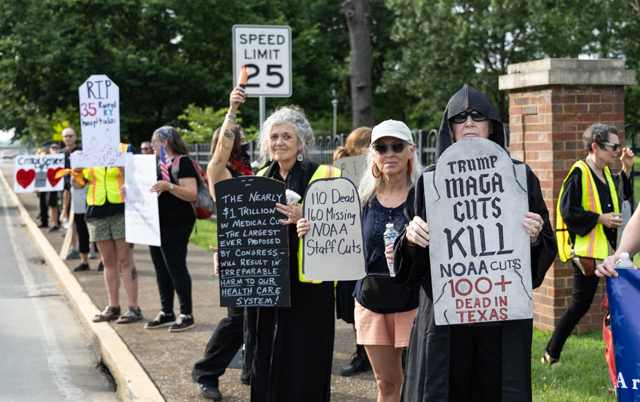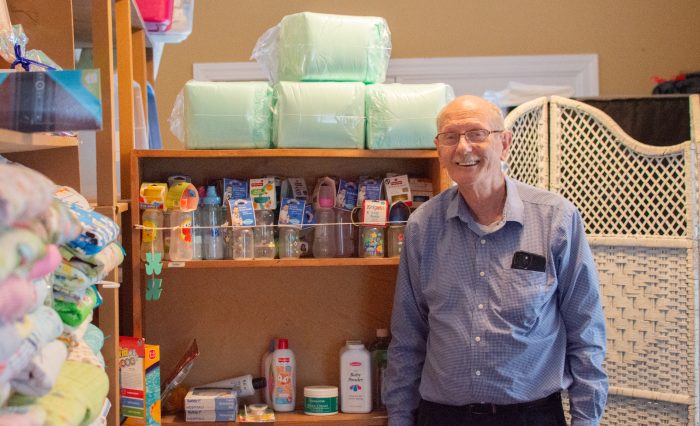Immigrant now giving back to refugee community
Published 1:24 pm Wednesday, January 15, 2025
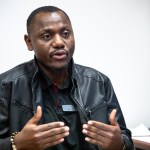
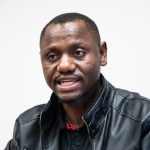
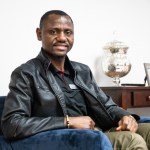
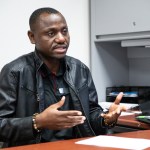
Issa Bawa taught himself English by watching language videos on YouTube.
Now a refugee training coordinator with the South Central Workforce Development Board, he is working in Bowling Green to help migrant students and their families get better acquainted with education and better educate school officials on migrant backgrounds through a program he started called Project Pamoja.
“Many parents (of refugee and immigrant children) didn’t go to school,” Bawa told the Daily News. “They don’t know how it works.”
Trending
Pamoja, which means “together” in Swahili, was started in May by Bawa after he learned some students from migrant backgrounds were struggling with their classwork.
“There are more D (grades) or failures in many classes,” Bawa said. “So we need to see how we can help our students.”
Additionally, he learned there are disconnects between schools and parents when it comes to students’ classwork. He said when school is canceled or closed early and students are sent home with Chromebook laptops, many migrant students don’t have internet access.
Further, many parents are detached from different school events. He said if school policies change, if curriculum is altered or if there are parent meetings going on, some families never learn about it.
“We need to let parents know how it works, because if they don’t know, they can’t support the kid at home,” Bawa said.
This, he said, is why he started Project Pamoja. By Bawa’s estimate, he has assisted around 150 families get more involved in education for their children.
Trending
Originally from the Democratic Republic of the Congo, Bawa lived for around 20 years in Tanzania before coming to the United States.
Bawa was a teacher when he lived in Africa, where he taught accounting classes along with administrative lessons on topics such as how to conduct meetings. He spoke on the differences in education between the United States and his home country.
“Back in my country, you can’t go up a level without succeeding in all the classes you have,” he said. “If you don’t succeed in one class, you fail.”
He said while education in the United States permits students to take elective classes that appeal to individual students’ interests, the education system over there mandates instruction for students more strictly.
Students there must follow what’s called a “government program for schools.” He said this places emphasis on understanding what is taught, regardless of age.
“You can be like 24 (years old) and you are in 12th grade,” Bawa said. “If you’re not ready to go, you don’t go.”
He said in his home country there are four national languages, one official language and around 250 different dialects. Bawa himself can speak “six or seven” languages.
Bawa said in education in his home country, learning to speak English is seen as “the first step” in being successful. When it came time for him to learn, he would spend at least three hours each day watching language videos on YouTube.
“I needed something to go fast, and I found that we have a lot of material on YouTube, lot of lessons on YouTube, conversation, vocabulary, drama, so I just take my time every day,” he said.
He said education is not “a must” for children in his home country. He said another education barrier for children arises from not having to go to school to living in a country where education is required.
Hence Project Pamoja.
“This pushed me to come up with this idea,” Bawa said. “We can help (the) school know about this background, and also help families to know how it works in (the) USA.”










